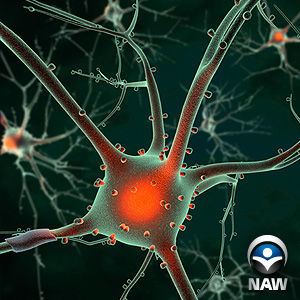The brain health course is recommended for individuals who want to gain a better understanding of successful aging and how to keep their mind sharp. The following topics will be reviewed:
• Risk factors for cognitive decline
• Age-related cognitive decline versus dementia
• Recognize stress and how it impacts brain functioning
• Effective techniques to better manage stress
• Importance of proper nutrition, physical exercise, and sleep quality
• Compensatory strategies that maximize attention, memory and thinking skills
Your brain is involved in everything you do – every thought, word, action, behavior, and feeling – literally everything. Because your brain affects all aspects of your life from health and happiness to relationships and your ability to function in the world, it makes sense to learn about and take care of it.
With over five million Americans age 65 and older currently living with Alzheimer’s disease and that number projected to triple by 2050, brain health is of major concern to most everyone. There is a lot of misinformation out there presented as fact and persistent brain myths. Therefore, it is important that you educate yourself about what is arguably the most important organ in your body.
Duration:
|
|
4-6 weekly meetings, 60min each
|
|
|
 |